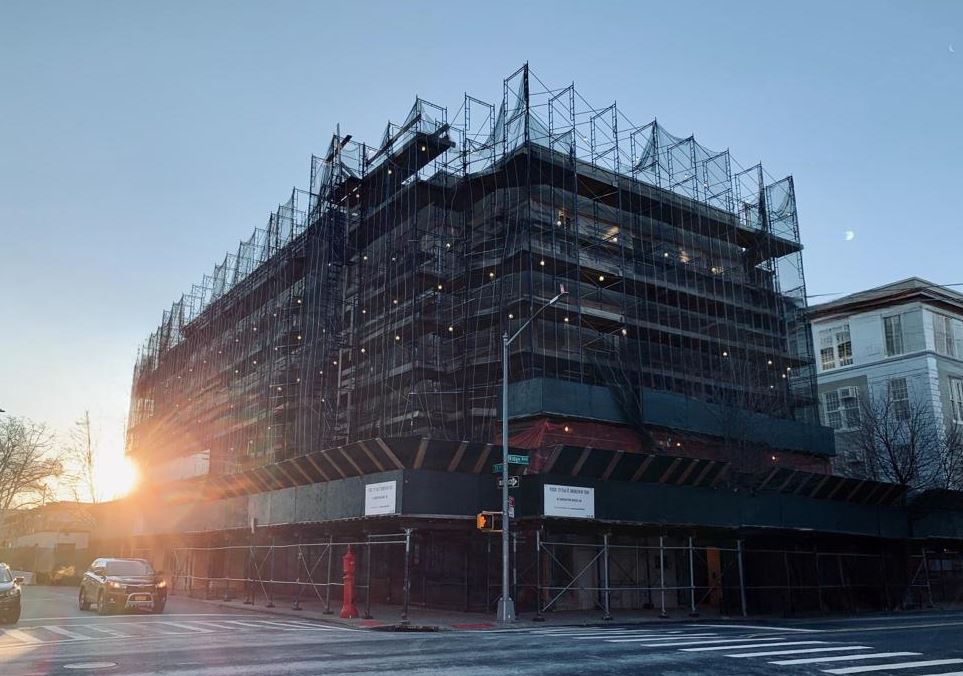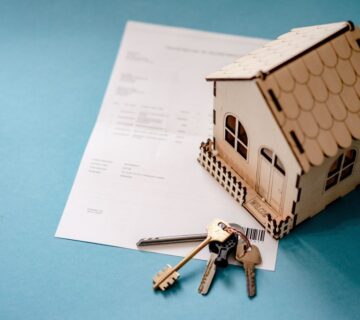Introduction
The real estate market is a dynamic landscape that offers a plethora of opportunities for investors, developers, and entrepreneurs. One particularly lucrative avenue within the property market is commercial property conversion. Converting commercial spaces into residential properties, offices, or mixed-use developments can be a strategic investment that capitalizes on changing market trends and urban development needs. In this blog, we will delve into the intricacies of property market analysis for commercial conversion, exploring the key factors, strategies, and trends that can help you make informed decisions and unlock the profit potential in this thriving market.
Understanding Commercial Conversion
Commercial property conversion, also known as adaptive reuse, is the process of repurposing a commercial property into a different use, such as residential, office, or mixed-use development. This approach is a response to shifting market demands, urban development policies, and sustainability goals.
Why Commercial Conversion?
- Market Opportunity: Commercial property conversion provides an excellent opportunity to meet the changing needs of the market. Urbanization, population growth, and shifting demographics often create demand for new types of properties.
- Cost Savings: Converting existing structures can be more cost-effective than starting from scratch, as the framework and infrastructure are already in place.
- Sustainability: Repurposing existing buildings contributes to sustainability by reducing the carbon footprint associated with construction.
Analysing the Property Market for Conversion
- Location Analysis
Location is paramount when considering a commercial conversion project. Consider the following factors:
- Market Demand: Research local market trends to understand what types of conversions are currently in demand. Is there a shortage of residential properties, office space, or retail outlets in the area?
- Zoning and Regulations: Check the local zoning regulations and land use policies to ensure that your intended conversion is allowed in the area.
- Neighbourhood Dynamics: Investigate the neighbourhood’s infrastructure, amenities, and accessibility, as these factors can significantly impact the success of your conversion project.
- Property Condition
Evaluate the condition of the commercial property. Conduct a thorough inspection to determine whether the existing structure is suitable for conversion. Consider factors like structural integrity, building codes compliance, and the extent of required renovations.
- Market Feasibility
Once you’ve identified a potential property, it’s time to assess its feasibility from a financial perspective:
- Project Costs: Estimate the costs associated with the conversion, including renovation expenses, permits, and any unforeseen issues.
- Potential Revenue: Calculate the potential revenue from the converted property, factoring in rental income, property appreciation, and market demand.
- Return on Investment (ROI): Evaluate the expected ROI by comparing project costs to potential revenue. Ensure that the project aligns with your financial goals.
- Market Trends
Stay attuned to market trends to anticipate future opportunities and challenges. Consider the following:
- Economic Trends: Monitor economic conditions and consumer behaviour, as these factors can influence the demand for specific property types.
- Urbanization: Urban areas often experience higher demand for converted properties, given the limited space for new construction.
- Sustainability: Sustainable and eco-friendly conversions are becoming increasingly popular, appealing to environmentally conscious consumers.
- Legal and Regulatory Compliance
Before proceeding with a commercial conversion, ensure that you have a clear understanding of the legal and regulatory requirements, including building permits, environmental impact assessments, and historical preservation regulations.
Conclusion
The property market is a dynamic arena that presents numerous opportunities for savvy investors and developers. Commercial property conversion is a strategic way to unlock profit potential while contributing to urban development and sustainability goals. By conducting a comprehensive property market analysis, considering location, property condition, financial feasibility, and market trends, you can make informed decisions that lead to successful commercial conversion projects. As you embark on this exciting journey, remember that each property is unique, and careful analysis is the key to harnessing its full potential.






No comment